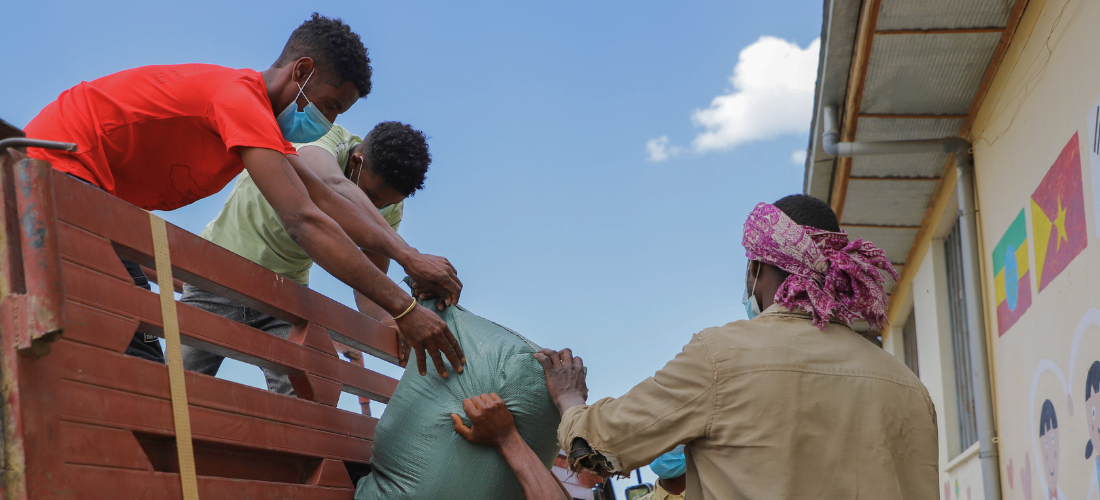
ESS 4 Decent work
FAO is committed to support the implementation of internationally accepted labour standards. The FAO vision for sustainable food and agriculture explicitly prioritizes decent work. ESS 4 recognizes that promoting decent work, preventing the use of child labour, exploitation, including sexual exploitation and forced labour is essential to achieving food security and reducing poverty.
Objectives
- Promote direct action to foster decent employment.
- Promote, respect and realize fundamental principles and rights at work by:
- supporting freedom of association and the effective recognition of the right to collective bargaining;
- preventing the use of child labour and forced labour;
- promoting fair treatment, non-discrimination and equal opportunity for all workers, including waged and salaried employees, self-employed workers and contributing family members; and
- protecting and supporting workers, particularly categories of workers at heightened risk.
- Protect and promote the safety and health of workers.
- Ensure programmes and projects comply with national employment and labour laws and international commitments.
- Have in place effective measures to address emergency events, whether human-made or natural hazards.
- Leave no one behind by protecting and supporting workers at heightened risk, with a special focus, as appropriate, on women workers, young workers, migrant workers, workers in the informal economy and workers with disabilities.








